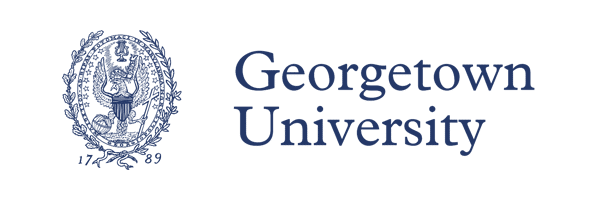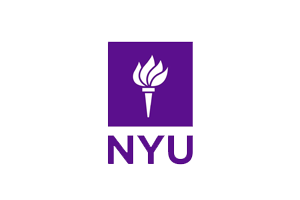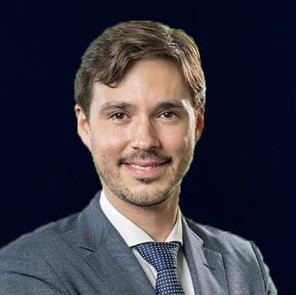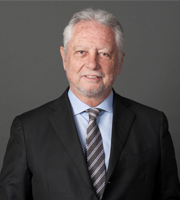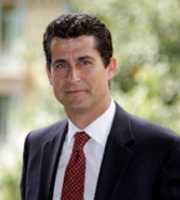Master in International Advocacy
A recent graduate or junior lawyer has theoretical knowledge of the law, but still lacks the kind of knowledge and skills that characterize elite lawyers. This is compounded today by the need to practice the profession in the context of globalization, a phenomenon that affects all kinds of relationships between individuals and corporations. Even family businesses now have to deal with complex legal issues involving immigration law, international labour law, international trade or complex tax law regulations, and this programme is a unique opportunity to fill both gaps and, with the help of renowned specialists, become the kind of professional that clients want to have on their side. For this reason, it is a privileged way to join the best firms, for which ISDE has become a true Head Hunter.
There are many national and international firms that participate in the development of the program, which has an eminently practical training methodology. After a first phase in which the students acquire solid theoretical foundations, put to the test in situations that faithfully reproduce the cases and the environment in which these firms work, in the second part of the programme the students are integrated into these firms, in a period of compulsory practice.
CAMPUS: Madrid / Barcelona
START: February
DURATION: one academic yearFollowing a parallel development to the face-to-face format of the programme, the online method offers the possibility of viewing the recorded classes at the time that is most convenient for the student.
In coordination with the development and incorporation of the recorded classes, students will have at their disposal the study material, self-assessment tests, exams, case studies and tutorials necessary to guarantee the acquisition of the knowledge and skills covered in the programme.
Two phases:
Teaching phase (4-5 months long)
The content structure is established as follows:
- Updated study material, preparatory and complementary to the recorded classes.
- Self-assessment tests, for review and better assimilation of the material studied.
- Evaluation exams.
- Case studies.
- Tutorials with the teachers.
Practical phase (3-4 months long)
Option A
Case studies: Once they have assimilated all the knowledge of the teaching phase, students will have to carry out a series of real case studies (of a broader and more in-depth nature than those of the first phase) to accredit that they are capable of applying the knowledge acquired.
TFM: students will have to carry out a Master’s dissertation, which will allow them to improve their research skills, as well as delve into a specific area of major interest and current affairs, among those that have been worked on during the programme.
Option B
Professional immersion in law firms or legal departments of large companies collaborating with ISDE (more than 250) at national and international level.
The Master in International Law opens up a wide range of professional opportunities. On the one hand, because its study plan does not stick to a specific area of the law, but deals with all those legal specialties that may have an international component. On the other hand, because both commercial activity and public and private relations no longer understand borders.
In short, this is one of our most recognized masters worldwide and also one of the most professional opportunities.
After obtaining your degree, you will be able to practice law in many different areas:
- Law firms and consultancies in all areas of law (commercial, civil, tax, labour, administrative, industrial and intellectual property, European law, public international law, real estate, corporate, procedural, criminal or international commercial law, among others).
- Legal departments of national and international companies.
- Staff of international bodies such as the European Union, the UN or the European Free Trade Association.
- Other types of entities, such as foundations or NGOs, that carry out their activities in an international environment.
- Teaching and research areas.
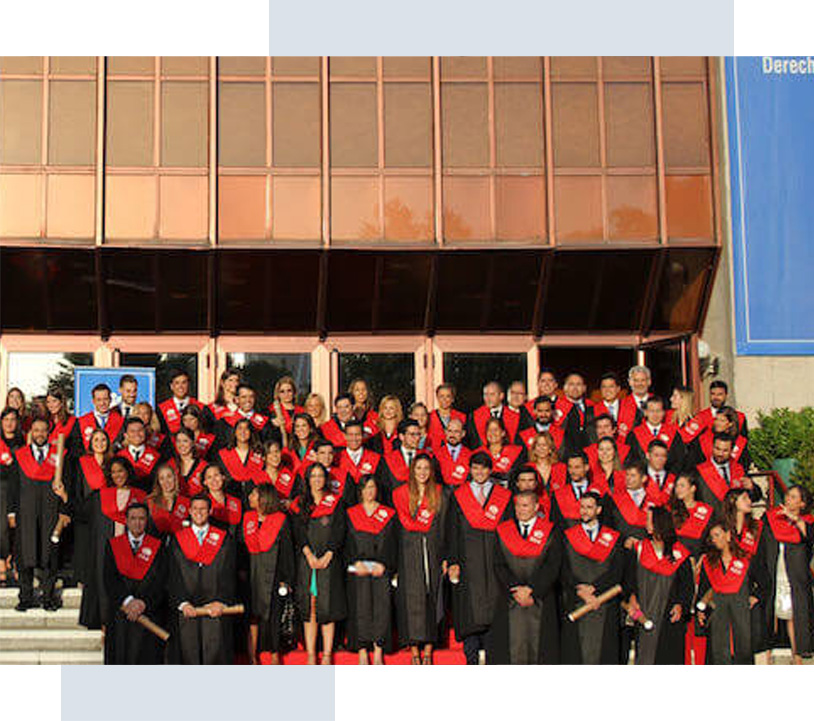
Partners
